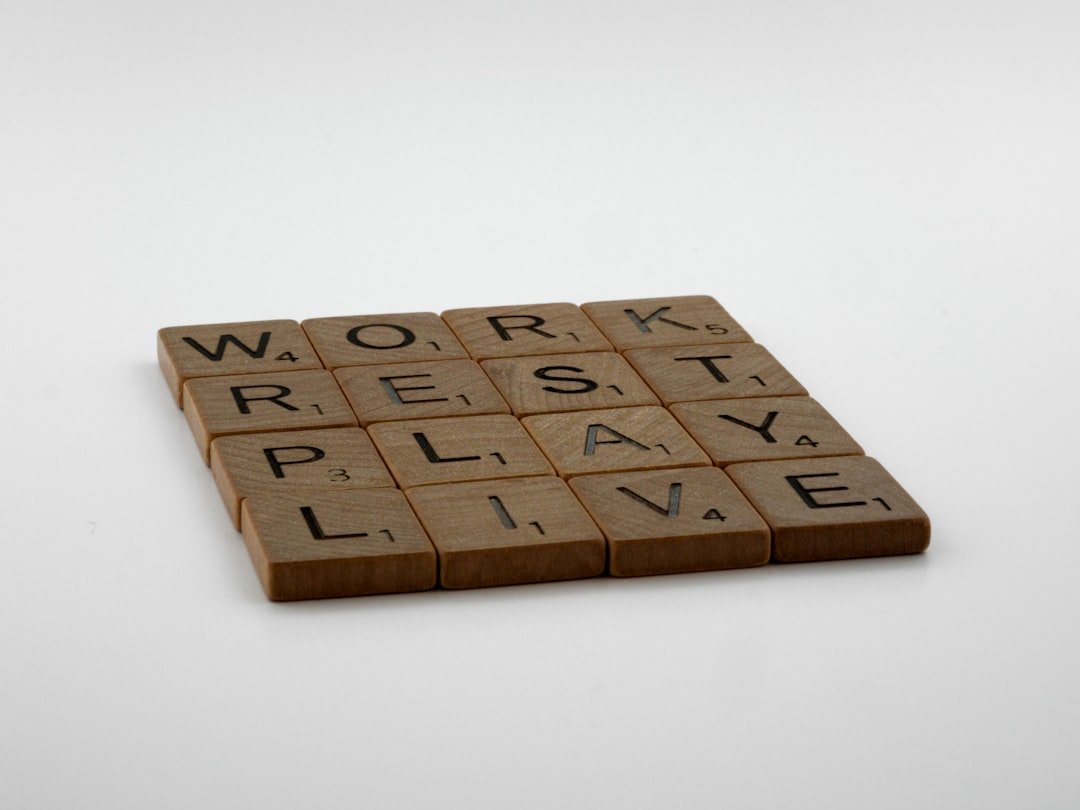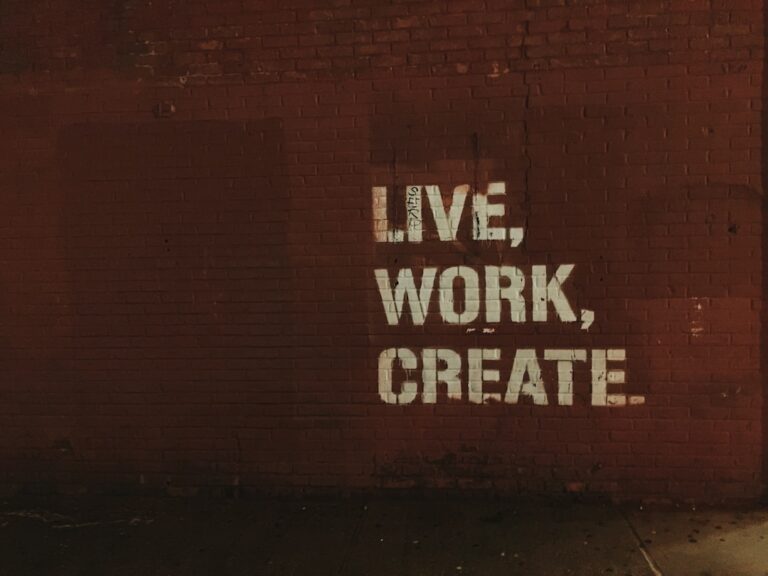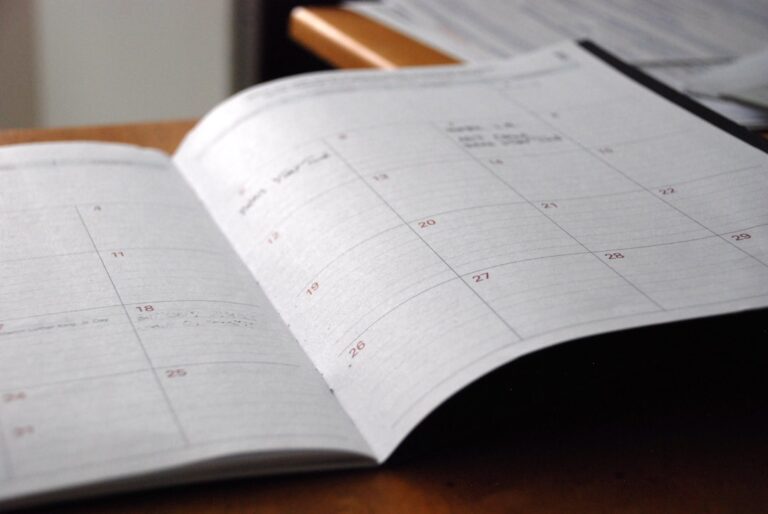
Ever feel like your life is just slipping through your fingers, leaving you drained and wondering where all your energy, time, and money went?
I’ve certainly been there. For years, I struggled with feeling like I was always running on empty. I wasted countless hours gaming, fell into patterns of overeating and drinking, and just generally drifted through my days. It felt like I had so many resources, but I wasn't using any of them well. I know how frustrating that feeling can be.
Now, after transforming my own life – losing over 110 pounds, breaking free from old habits, and building a routine that actually serves me – I’ve learned a thing or two about making the most of what I have. It’s not about deprivation. It’s about making smart choices. It’s about respect for yourself and for the blessings you’ve been given. Here are 15 simple ways you can start using your resources better today.
Managing Your Time and Energy
Time and energy are two of your most precious resources. Use them wisely, and everything else gets easier.
- Know Where Your Time Goes. Before you can manage your time, you need to see where it actually goes. For one week, track everything. Write down what you do each hour. You might be surprised at how much time disappears into less important activities. This simple act gave me so much clarity when I was trying to stop endless gaming sessions.
- Embrace Deep Work Bursts. You do not need to work 8 hours straight. My most productive periods happen in short, focused bursts. I aim for 2-4 hours of deep, uninterrupted work on my most important tasks. This method helps me get more done with less overall energy drain. Turn off notifications. Focus completely.
- Plan Your Meals. This saves you time, money, and mental energy. When I started planning my meals, it became much easier to stick to a healthy diet and avoid impulse buys or unhealthy takeout. Knowing what you’ll eat prevents decision fatigue and food waste.
- Do a Digital Declutter. Our devices are huge resource sinks. Delete apps you don't use. Turn off unnecessary notifications. Unsubscribe from email lists that just spam your inbox. A clean digital space helps you focus and keeps your mind clear.
- Track Your Spending. Money is a resource too. Just like with time, you need to know where it goes. Use a simple app or a notebook to track every penny for a month. You will see patterns. You will find areas where you can make better choices. This was crucial for me to stop impulse buys that led to overeating or other unhealthy habits.
Smart Choices for Your Stuff and Money
Our physical environment and financial habits directly impact our well-being. Make them work for you.
- Adopt the "Buy Well" Mindset. Instead of buying cheap items that break quickly, invest in quality. Think of it as buying something once, not five times. This saves money in the long run, reduces waste, and often brings more satisfaction. It’s better to have fewer, good things than many flimsy ones.
- Learn to Repair. Before you replace something, try to fix it. A torn shirt, a squeaky door, a broken toy. Learning basic repair skills saves money and reduces our reliance on new purchases. Plus, there’s a quiet satisfaction in bringing something back to life.
- Batch Similar Tasks. Grouping similar tasks together saves time and mental switching costs. Answer all your emails at once. Run all your errands in a single trip. Do all your meal prep on one day. This streamlines your efforts and frees up mental space.
- Set Clear Boundaries. Your time and energy are finite. Learn to say "no" to requests that don't align with your priorities or values. Protecting your boundaries is a powerful way to guard your resources from being overextended. I had to learn this the hard way when trying to maintain my new healthy lifestyle.
- Declutter Regularly. Clutter drains mental energy. Take a few minutes each week to clear out unnecessary items. Go through your clothes, your papers, your digital files. A tidy space leads to a tidier mind, making it easier to focus on what truly matters. For me, this extended to clearing out old gaming gear and reminders of past habits.
Cultivating a Resourceful Mindset
True resourcefulness comes from within. It’s about how you approach life and the strength you draw on.
- Practice Mindful Consumption. This means paying attention to what you bring into your life. I used to just grab whatever was convenient, or eat until I felt stuffed. Learning to pause, to really see what I was consuming – whether it was food, entertainment, or information – made a huge difference. Ask yourself: "Do I truly need this? Does it serve my well-being?" This simple question can prevent so much waste and regret.
- Automate the Mundane. Set up automatic bill payments. Create templates for frequent emails. Streamline repetitive tasks wherever possible. Free up your mental bandwidth for creativity, relationships, and deeper pursuits by letting automation handle the basics.
- Prioritize Your Energy. There was a time when laziness felt like a comfortable blanket. But it really just drained me. Now, I understand that my energy isn't unlimited. I learned to identify my peak times and dedicate them to my most important work. Respect your physical limits. Get enough sleep. Stay hydrated. These basic acts are fundamental to having the energy to do anything else.
- Review and Adjust. Life changes. What worked yesterday might not work today. Regularly review your methods for using resources. At the end of each week, ask yourself: What went well? What could have gone better? What will I change next week? This constant, small adjustment process was key to me losing over 110 pounds and maintaining a balanced life. Celebrate your small wins, too! They build momentum.
- Practice Gratitude for What You Have. For me, daily gratitude is more than just a feel-good exercise. It's a grounding practice. It helps me appreciate the blessings I already have, big and small, and reminds me that true contentment isn't found in constantly seeking more. This perspective naturally makes me more careful with my resources and helps me find purpose in my closer relationship with God. When you appreciate what you have, you are less likely to waste it.
Using your resources better isn’t about becoming a perfect machine. It’s about becoming more intentional, more respectful of what you’ve been given, and ultimately, living a richer, more fulfilling life. It’s a journey, and I’m still learning new ways every day.
Which of these methods will you try first? Pick one. Start small. Take that first step towards a Good Existence.





